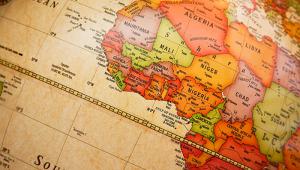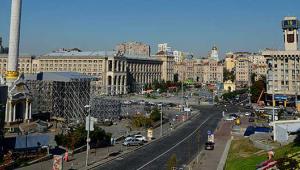The Overseas Development Institute and the Centre for Global Development argue that cash-based programmes could improve the accountability and transparency of humanitarian aid, while also helping to support local markets and industries.
The report, Doing cash differently: how cash transfers can transform humanitarian aid was commissioned by the UK Department for International Development. It claims that cash transfers are cheaper to deliver and also more flexible because those receiving them can decide for themselves exactly what they need.
The report estimates that in 2014 there were nearly 60 million people around the world who had been displaced by conflict. It found that the gap between needs and funding was widening, and believes that cash transfers can help close this gap and provide opportunities to improve the way humanitarian assistance is provided.
Kevin Watkins, executive director of ODI, said: “Cash transfers have the potential to reduce vulnerability, help rebuild lives, and deliver value for money. As part of a broader menu that includes partnerships with the private sector, investment in digital technology, and the development of a more inclusive humanitarian system, cash transfers can transform the effectiveness of humanitarian aid at a time of unprecedented need.”
According to the report, organisations are starting to give more cash and vouchers, but they still account for only about 6% of humanitarian aid.
Owen Barder, senior fellow at the Centre for Global Development and chair of the high level panel on Humanitarian Cash Transfers, said: “The nature of humanitarian crises is changing. More people are in need and for longer. There is now compelling evidence that giving cash is often better for the people affected by disaster and better value for money for donors. It should be central to crisis response.”
The report has identified 12 steps to scaling up cash transfer programmes, including capitalising on digital technology and private sector expertise and opening up programmes to greater competition.
Responding to the report, a DFID spokesman said: “In any humanitarian emergency, it is vital that our response is based on firm evidence. It is clear that small cash payments can help people purchase what they need, meaning nothing is wasted and we get maximum value for money.
“Providing cash can also stimulate local markets, helping the economy as well as those in immediate need. As we approach the World Humanitarian Summit in Istanbul next year we need to think hard about how to build a more flexible, more innovative humanitarian system that can cope with protracted crises and sudden earthquakes or typhoons.”








